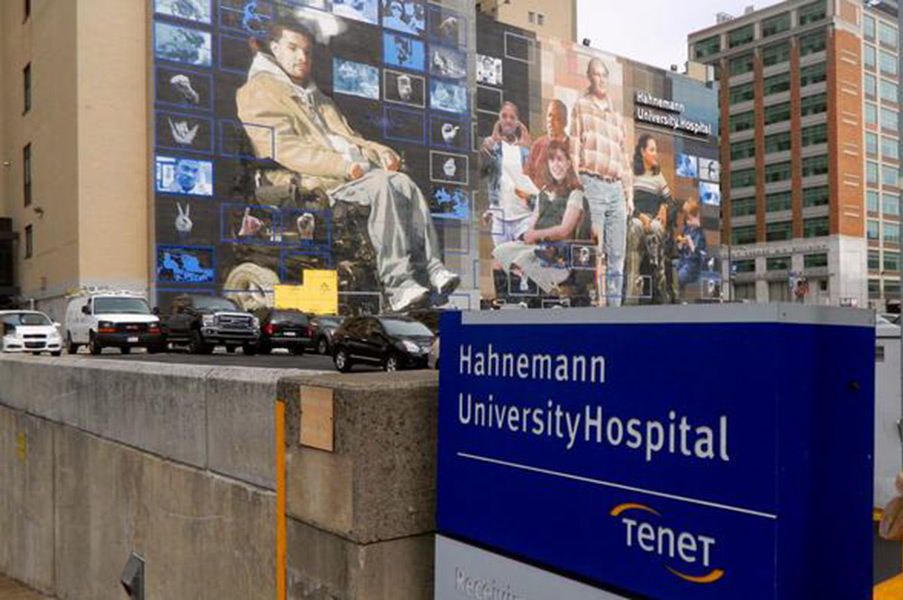A local hospital recently became the first academic medical center in the Philadelphia region to launch a program dedicated to gender-affirmation surgeries.
Hahnemann University Hospital’s Gender-Reassignment Surgical Program will provide a range of surgeries for transgender individuals. Under direction from Dr. Kathy L. Rumer, a board-certified plastic surgeon, services will include body contouring, facial feminization and masculinization, chest and breast surgeries, gender reassignment and other related procedures.
“Part of [transgender patients’] whole medical concerns are their gender dysphoria,” Rumer said. “Because they’re dysphoric about their bodies, the surgeries help them immensely.”
“We’re extremely proud to offer gender-confirming surgery at Hahnemann University Hospital,” hospital CEO Michael P. Halter added in a statement. “It is in line with our focus on providing all patients with leading-edge, high-quality care.”
Interested patients must meet certain criteria defined by their insurance companies or the “World Professional Association for Transgender Health (WPATH): Standards of Care for the Health of Transsexual, Transgender and Gender-Nonconforming People.” Rumer said WPATH typically requires patients to be over 18 and on hormone therapy for a recommendation of one year.
Rumer said insurance companies are increasingly covering surgeries for transgender patients, preventing them from paying large out-of-pocket costs. She also mentioned that many in the medical community are more aware of the needs of their transgender patients.
“In the last couple of years, you’re starting to see the medical community embrace [transgender patients], which I think is a huge step in the right direction,” Rumer said.
Rumer, who leads an aesthetic and reconstructive plastic-surgery office on the Main Line, said she has performed these surgeries on patients before and noticed that the resulting changes are not just physical.
“Globally, I have patients that wake up from the anesthesia and they’re thanking you and they want to hug you and tell you how you saved their lives,” Rumer said. “And in many cases, you do save people’s lives. The suicide rate in people who cannot receive their surgeries is very high. In my practice, I think people are concerned that people are going to have regret and maybe suicidal ideation postoperatively. I’ve never seen a single case of a patient with any regret or any type of suicidal ideation after the surgery.”
Rumer said a major teaching hospital opening its doors to the large population of transgender patients in the Philadelphia area “shows the progressiveness of the hospital.”
“It’s very exciting to be involved with this,” Rumer said. “I think this is going to open an enormous door for research and progress in the field.”

